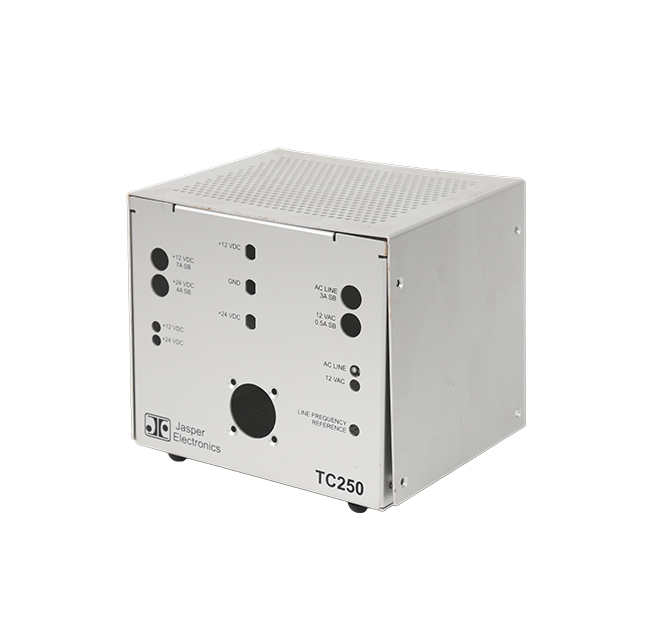Time:2025-06-16 Views:0 source:CNC Machining customization source:CNC Machining news

The selection of materials for sheet metal cabinets in communication base stations is a critical decision, as these cabinets house essential communication equipment and need to ensure reliable operation in diverse environmental conditions. One of the most commonly used materials is cold - rolled steel. Cold - rolled steel offers excellent formability, allowing for the fabrication of complex cabinet shapes through processes such as stamping and bending. It has a smooth surface finish, which is beneficial for subsequent surface treatments like powder coating or electroplating. These surface treatments enhance the corrosion resistance of cold - rolled steel, protecting the cabinet from rust and environmental damage, especially in outdoor base stations exposed to moisture, rain, and UV radiation.
Stainless steel is also widely employed, particularly in more demanding environments. Stainless steel, especially grades like 304 and 316, has superior corrosion resistance due to the presence of chromium and nickel. Grade 304 stainless steel provides good general - purpose corrosion resistance, while grade 316, with its higher molybdenum content, offers enhanced resistance to chloride - induced corrosion, making it suitable for coastal or industrial areas where the air contains more corrosive substances. Although stainless steel is more expensive than cold - rolled steel, its durability and low maintenance requirements justify the cost in long - term applications.
Aluminum alloy is another material option for communication base station sheet metal cabinets. Aluminum is lightweight, which reduces the transportation and installation costs. It also has good thermal conductivity, which is advantageous for dissipating the heat generated by the communication equipment inside the cabinet. Additionally, aluminum alloy can be anodized, creating a hard, protective oxide layer on the surface that not only improves corrosion resistance but also offers a variety of color options for aesthetic purposes. Some advanced aluminum alloys also have high strength - to - weight ratios, ensuring the structural integrity of the cabinet while keeping the weight down.
In some specialized applications, composite materials may be considered. For example, fiber - reinforced plastics (FRP) can be used in areas where electromagnetic shielding is required. FRP materials can be designed to have specific electrical properties, blocking or reducing electromagnetic interference, ensuring the normal operation of sensitive communication equipment. the choice of material for communication base station sheet metal cabinets depends on factors such as environmental conditions, cost - effectiveness, required functionality, and expected service life.
Read recommendations:
Sealing ring Precision electronic parts
Housing components for recessed downlights Precision electronic parts
Oval Magnetic Hardware Precision electronic parts